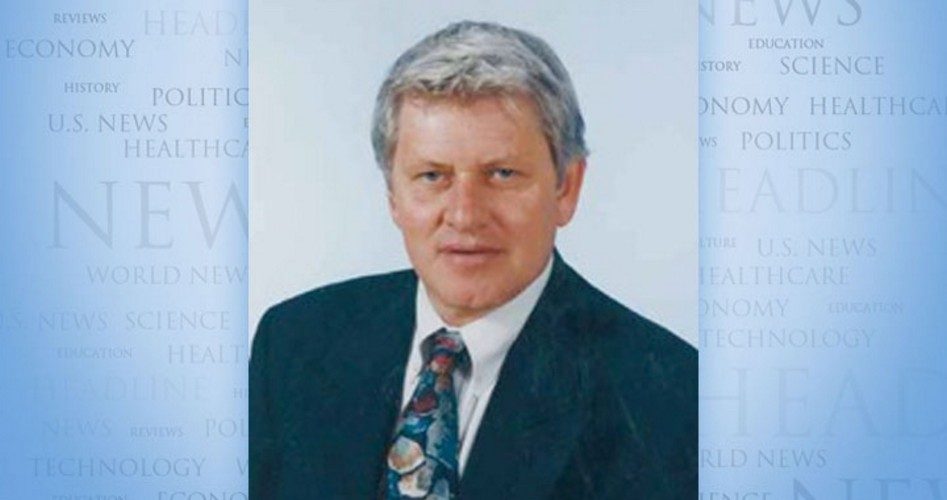
I got an e-mail last week from a former student who graduated 18 years ago. He was reacting to President Obama’s comment in Roanoke, Virginia, on July 13: “Look, if you’ve been successful, you didn’t get there on your own. You didn’t get there on your own. I’m always struck by people who think, well, it must be because I was just so smart. There are a lot of smart people out there. It must be because I worked harder than everybody else. Let me tell you something. There are a whole bunch of hardworking people out there. If you were successful, somebody along the line gave you some help. There was a great teacher somewhere in your life. Somebody helped to create this unbelievable American system that we have that allowed you to thrive. Somebody invested in roads and bridges. If you’ve got a business, you didn’t build that. Somebody else made that happen”
Here’s the student’s e-mail:
It has been at least 12 years since I last saw you and even longer since I was a student in your economics class.
When I heard President Obama’s speech from Roanoke, I was sick. How could a man, a sitting president, make such spirit-crushing comments?
If I am successful, I didn’t get there on my own? I wasn’t smarter or didn’t work harder than everyone else?
Obama said I may have had great teachers along the way (true, and you were one of them), and I had roads and bridges, blah blah blah.
I asked to go to college right after high school. I was the only one of three in my family who asked to go. My father told me I was too stupid to go to college.
So I went into the Navy to get the G.I. bill. I did my four years, got out and started to build a family and a career and finally got to go to college when I was 31 years old.
I had to wait until I could do it — nobody did it for me. I worked full-time, part-time, and tutored on the weekends to help make ends meet.
Going to school two nights a week and taking CLEP tests, I was able to graduate Summa Cum Laude in 6.5 years. I worked from 7:00 a.m. until 11:00 p.m. seven days a week with all the extra studying I had to do to make the grade.
When they called the 17 of us up to the stage at the graduation ceremony to receive our Summa Cum Laude recognition, I was proud of what I had accomplished — 17 out of a graduating class of 1,007 students.
If I had listened to my dad, or accepted my station in life, I might be looking for a handout now or some justification as to why it’s okay to give up.
Here’s my question for Mr. Obama: If I had the same roads, the same bridges and teachers, and also had age, family support and financial support stacked against me, how did I graduate with a grade point average of 3.98 on a 4.00 point scale if I was not smarter or didn’t work harder than the other 990 students in my class?
I think Obama wants to justify failure, even if it means denigrating hard work and individual achievement. It makes me truly sick!
With unemployment, poverty, prices, deficits and the misery index so high, the message from our leader should be one of hope and encouragement and a call for individuals to work hard and be self-sufficient and achieve greatness. Instead, all I hear is the constant drumbeat of a message that says the government can do all that for us. We see how well that’s working.
Put another way, there are a lot of ice cream makers in America and they all use the roads to transport their products to market but only Ben and Jerry came up with Chunky Monkey.
It’s the same with Homestead High School in Cupertino, California. Steve Jobs had a lot of classmates at that school, but he was the only one who went on to revolutionize the computer industry.
The issue here is all about percentages, about what percentage of success is due to the collective and what portion is due to individual hard work and individual skills and intelligence.
In declaring “you didn’t build that,” President Obama was simply attempting to diminish the role of the individual in achievement, especially at the top, in order to promote his goal of collectivizing larger percentages of the incomes of those who’ve been the most financially successful.
Ralph R. Reiland is an associate professor of economics and the B. Kenneth Simon professor of free enterprise at Robert Morris University in Pittsburgh.


